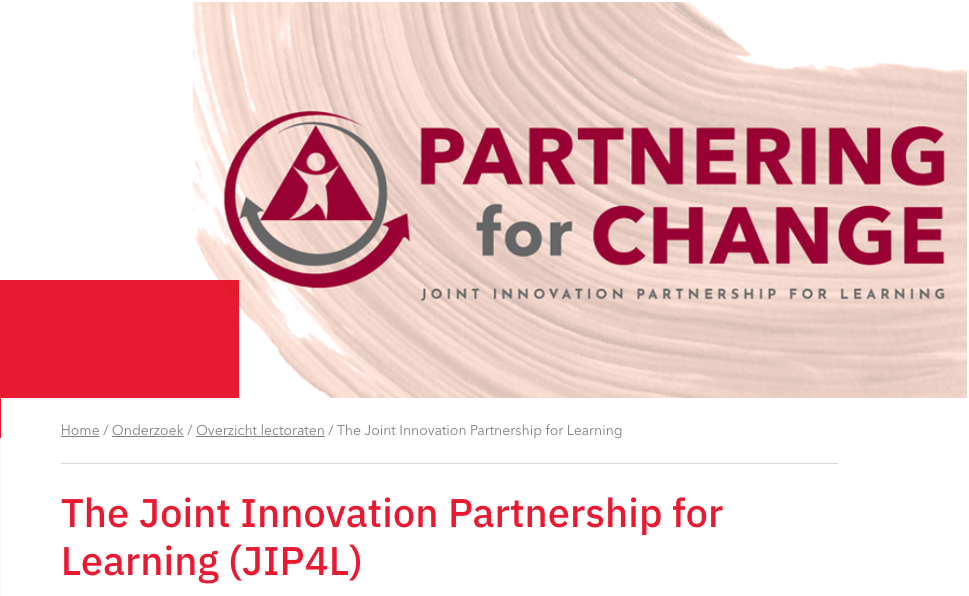International Uptake on Partnering for Change P4C – The Joint Innovation Partnership for Learning (JIP4L)

READ MORE
The Joint Innovation Partnership for Learning (JIP4L) network connects global partners that are involved in transferring, developing and exchanging Partnering for Change (P4C) knowledge beyond the Canadian context from an international perspective.
JIP4L aims are:
- Generation of collective new knowledge around Partnering for Change to combat exclusion and inequality for all children;
- Professionals’ (e.g. teachers) capacity building about inclusion, belonging and diversity by learning from each other in partnership;
- Creating inclusive environments by teachers and P4C experts on a national level and exchange of strategies on an international level;
- Resource pack how to set-up the JIP4L network around capacity building and development; Workshops and life co-creation sessions as part of JIP4L partnership.
P4C adaptation and implementation beyond the Canadian context
The adaptation and implementation of the Partnering for Change Model beyond the Canadian context took five major steps based on Barrera & Castro (2006) framework starting in 2013 in the Netherlands and in 2017 in Sweden. The major steps used to structure the process of the culturally grounded adaptations for the Dutch and Swedish context; they are shortly presented hereunder.
In the Netherlands, the first step (2013-2015) included information gathering about P4C, making agreements with CanChild and organizing an inspiration session with N. Pollock. The next step (2016- 2017) was setting up a preliminary adaptation design protocol, including translation and back translation process, preparing educational materials and a first pilot. Then the phase with development & adaptation of research materials used in original Canadian study, a first small-scall pilot with 4 schools followed including qualitative study (1 (2017-2018). In this period 2 small grants (SIA – KIEM and Werkplaats) were received. Seeking and receiving funding (NordForsk project –no. 85644) enabled collaboration with a Swedish P4C team and starting with a PhD study of Sarah Meuser with a main aim to adapt and refine P4C for the Dutch context refinement (2019-2022). In 2022-2024 an international ERASMUS+ grant with Sweden – JIP4L project started and a small national grant – LIME 2.0 have been received.
In Sweden, the orientation phase (2017-2019) included initial familiarization with the P4C, formulation of the P4C-team and stakeholders, seeking and receiving funding (NordForsk project –no. 85644) and starting the collaboration with the Netherlands. In 2019 the first adaption phase started where the Canadian education package (Partnering for Change OT Modules) were partly modified to the Swedish educational system. Preparations to conduct a feasibility study of P4C in Sweden started. In Preliminary adaption tests (c), the feasibility study was conducted. Furthermore, a qualitative study including P4C professionals from both Sweden and Netherlands was initiated. National grants were received. In step (d), further adaptions were performed based on the feasibility study, including new content in educational modules based on the Swedish context and planning for a network for P4C-professionals that support the sustainable implementation of P4C. In 2022, the Swedish P4C-team received a large national grant (FORTE) and an ERASMUS+ grant with Netherlands. Between 2022-2025 an intervention study, with controls, will be conducted in Sweden (https://partnering4c.se/).

















